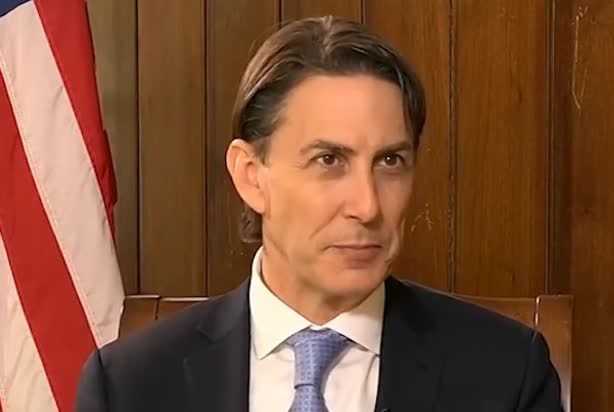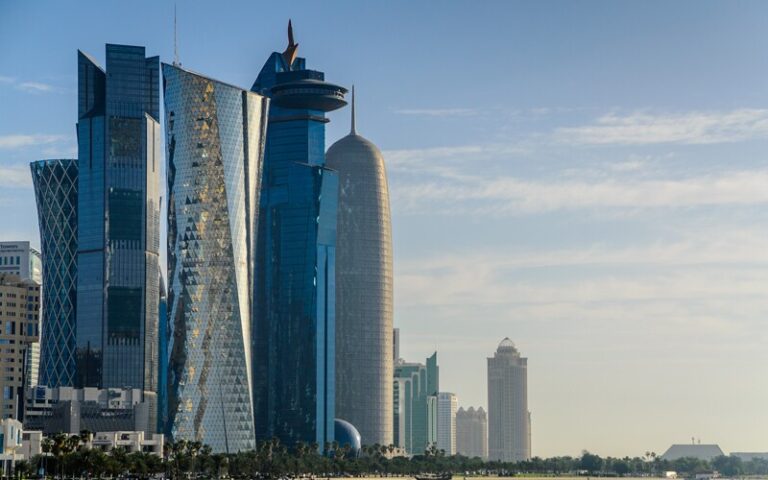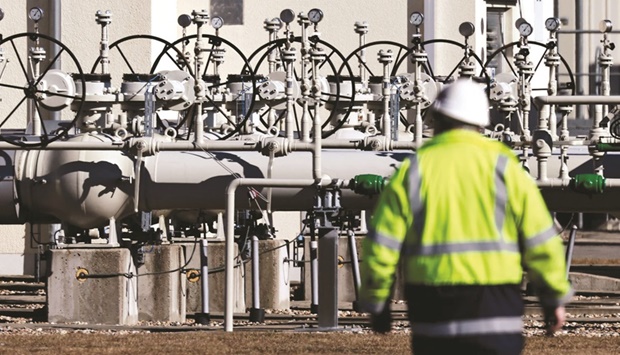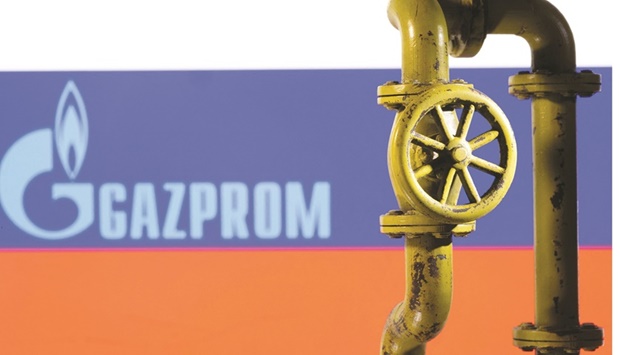EU countries agree gas price cap to contain energy crisis

BRUSSELS, Dec 19 (Reuters) – European Union energy ministers on Monday agreed a gas price cap, after weeks of talks on the emergency measure that has split opinion across the bloc as it seeks to tame the energy crisis.
The cap is the 27-country EU’s latest attempt to lower gas prices that have pushed energy bills higher and driven record-high inflation this year after Russia cut off most of its gas deliveries to Europe.
Ministers agreed to trigger a cap if prices exceed 180 euros ($191.11) per megawatt hour for three days on the Dutch Title Transfer Facility (TTF) gas hub’s front-month contract, which serves as the European benchmark.
The TTF price must also be 35 eur/MWh higher than a reference price based on existing liquefied natural gas (LNG) price assessments for three days.
“We have succeeded in finding an important agreement that will shield citizens from skyrocketing energy prices,” said Jozef Sikela, industry minister for the Czech Republic, which holds the rotating EU presidency.
The cap can be triggered starting from Feb. 15, 2023. The deal will be formally approved by countries in writing, after which it can enter into force.
Once triggered, trades would not be permitted on the front-month, three-month and front-year TTF contracts at a price more than 35 euros/MWh above the reference LNG price.
This effectively caps the price at which gas can be traded, while allowing the capped level to fluctuate alongside global LNG prices – a system designed to ensure EU countries can still bid at competitive prices for gas in from global markets.
Germany voted to support the deal, despite having raised concerns about the policy’s impact on Europe’s ability to attract gas supplies in price-competitive global markets, three EU officials said.
An EU official told Reuters Germany agreed to the price cap after countries agreed changes to another regulation on speeding up renewable energy permits, and stronger safeguards were added to the cap.
Those safeguards include that the cap will be suspended if the EU faces a gas supply shortage, or if the cap causes a drop in TTF trading, a jump in gas use or a significant increase in gas market participants’ margin calls.
Soaring power and gas prices have rocked energy companies across Europe, forcing utilities and traders to secure extra funds from governments and banks to cover margin call requirements.
Germany’s Uniper (UN01.DE) has booked billions of euros of losses on derivatives, exacerbating a crisis as it rushed to fill the gap left after Russia cut supplies.
Jacob Mandel, senior associate at Aurora Energy Research, said the TTF front-month contract has rarely closed above 180 eur/MWh, noting this has occurred on 64 days in its history. All of those were in 2022.
Two EU officials said only Hungary voted against the price cap.
The Netherlands and Austria abstained. Both had resisted the cap during negotiations, fearing it could disrupt Europe’s energy markets and compromise Europe’s energy security.
Dutch energy minister Rob Jetten said: “Despite progress the last couple of weeks, the market correction mechanism remains potentially unsafe.”
“I remain worried about major disruptions on the European energy market, about the financial implications and, most of all, I am worried about European security of supply,” he added.
The EU proposal has also drawn opposition from some market participants, who have said it could cause financial instability.
The Intercontinental Exchange (ICE) (ICE.N), which hosts TTF trading on its Amsterdam exchange, last week said it could move TTF trading to outside of the EU if the bloc capped prices.
On Monday, it said it will assess whether it can continue to operate fair and orderly markets for TTF gas hub trading. For now, ICE TTF markets will continue trading as normal.
The front month TTF gas price closed trading on Monday 9% lower, at 107 euros/MWh, Refinitiv Eikon data showed.
The contract hit a record high of 343 euros in August – a price spike that prompted the EU to move ahead with its price cap.
Italy’s energy authority ARERA expects further increases in gas prices as the winter season kicks in, its President Stefano Besseghini said on Monday.
Meanwhile, Russia’s Kremlin spokesman Dmitry Peskov said the cap was an attack on market pricing, and unacceptable, Russia’s Interfax news agency reported.
The deal follows months of debate on the idea and two previous emergency meetings that failed to clinch an agreement among EU countries that disagreed on whether a price cap would help or hinder Europe’s attempts to contain the energy crisis.
Roughly 15 countries, including Belgium, Greece and Poland, had demanded a cap below 200 euros/MWh – far lower than the 275 euros/MWh trigger limit originally proposed by the European Commission last month.
Poland’s prime minister said the price cap would end Russia and Gazprom’s ability to distort the market.
“At the recent meetings in Brussels, our majority coalition managed to break the resistance – mainly from Germany,” Mateusz Morawiecki wrote on Twitter. “This means the end of market manipulation by Russia and its company Gazprom.”









